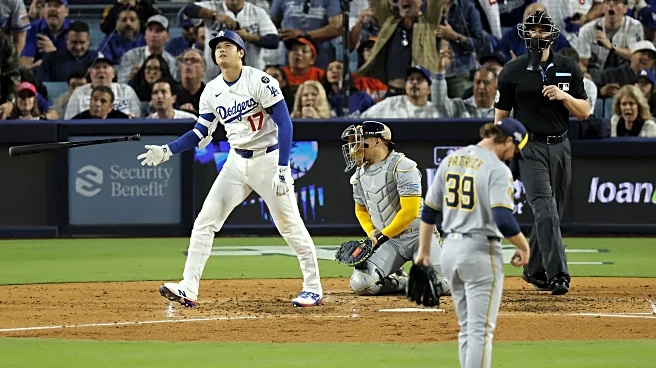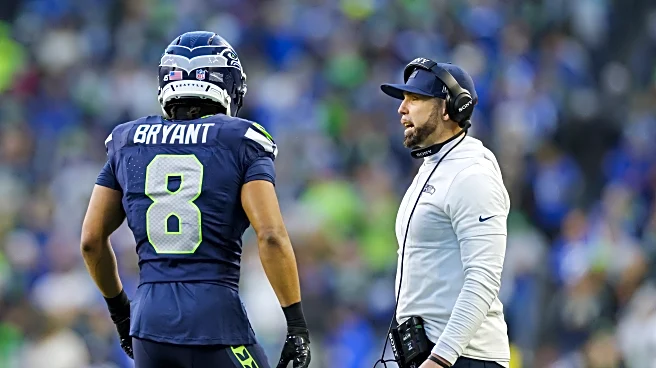Easy narratives are common for obvious reasons, and with a similar path to that of last year’s playoff run, perhaps being challenged the most in the NLDS, it’s not particularly hard to be somewhat dismissive
of what the Dodgers accomplished in the NLCS. Overlooking the Brewers as an adversary that the Dodgers were obligated to beat ignores key aspects of what postseason baseball is, and most importantly, it undermines an impressive accomplishment.
Let’s forget about the names, salaries, and everything that goes into a preconceived notion of what a player is, and let’s simply focus on who was this team that the Dodgers smoked right through on their way to another World Series appearance.
Much was made of what Milwaukee did on the basepaths and through their defensive work, stealing runs through unorthodox play in what is a modern game without as much action on the basepaths as in previous eras. Those things are important, but the reality of the situation is that if you don’t perform well in more traditional ways, like actually hitting the ball well, no amount of baserunning, a good offense makes. Do you want to guess who is the only team that stole more bags than Milwaukee in the regular year, and finished second to Milwaukee’s first in Base Running Value? It was the Tampa Bay Rays, who are not in the playoffs, a team that scored roughly 100 fewer runs than Milwaukee and finished the year with a losing record.
Milwaukee earned value on the base paths, but they also featured tremendous depth in their lineup, with eight hitters finishing the year with a wRC+ above 110. For context, the Phillies only had five. Now, this gets to the second and rather obvious point of star power. You’re right to point out that Milwaukee didn’t have a Kyle Schwarber or a Trea Turner hitting for them, but the Average Joe’s bit was perhaps a bit overplayed.
Yes, Milwaukee had plenty of out-of-nowhere production from the likes of Isaac Collins, Jake Bauers, and Andrew Vaughn, which warranted great skepticism of how it’d hold up against elite pitching. On the other hand, William Contreras, Jackson Chourio, and Christian Yelich form a rather formidable trio, particularly for a small-market team. That the Dodgers’ starting pitching was able to shut these guys down with authority isn’t the cakewalk that some would lead you to believe. Over the last three seasons, Yelich and Contreras have each had an OPS north of .800 and could easily be considered among the best at their respective positions in the whole of the National League.
Moving to the pitching side of things, Milwaukee didn’t have the star power there either, but here is a bullpen that pitched to the tune of a 2.52 ERA against the Dodgers. Freddy Peralta doesn’t owe anything to the Dodgers starters, as his outstanding campaign will earn him some Cy Young votes. Jacob Misiorowski, who was a big factor in driving down that bullpen ERA, pitched like a dominant starter in a bulk-innings role. These aren’t smoke-and-mirrors type of pitchers; their elite stuff holds up with anybody.
For a fan base that’s seen this team roll out World Series contenders year after year for over a decade and, more often than not, come up short, it’s important not to lose perspective. And the 93-win record is indeed a complete illusion of the team’s true talent level, and there is a reason why they were heavy favorites to begin with, but it’s not as if they shattered a facade of a team. The Brewers earned every single one of those 97 wins, which is all the more impressive in a year in which no team was able to hit the 100-win mark.
Which makes the Dodgers dominance of the NLCS all the more impressive.










